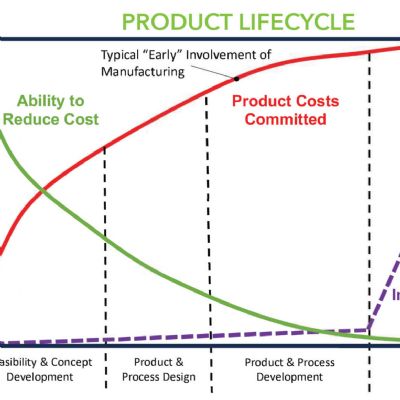What Type of Holiday Bonus Will You Give Your Employees?
Cash: 34 percent
We will not give holiday bonuses: 21 percent
Gift cards: 12 percent
Other: 7 percent
Extra days off: 3 percent
Tangible gifts: 3 percent
A combination of the above: 19 percent
Cash is the top choice among employers, meaning some employees were satisfied this holiday season. But many more were not, particularly those working for an employer who offers no form of a bonus. Gift cards, popular among employers, are not as popular among employees.
During the holiday season, it’s important for businesses to show their appreciation to their employees. It can be disheartening for an employee to feel unappreciated, yet our poll indicates that more than a fifth of employers won’t give their workers anything this holiday season. You don’t have to be extravagant about your holiday bonuses, but it’s important to show recognition. As one respondent told us, “A thank you note will suffice.”
Showing appreciation is investing in your employees. It improves morale and increases loyalty. It’s good for business. So even if you’re a business that’s struggling through difficult economic times, be sure to say thank you. Even the simplest gesture can go a long way and make the holiday season that much brighter for the people who make your business possible.
The Costliest Part of a Bad Hire Isn’t What You Think
Posted to HR.com by Naz Araghian, Robert Half, Intl. Staffing Operations
As expensive as it is to replace a bad hire, the money isn’t what concerns employers most. In a Robert Half survey, chief financial officers (CFOs) say that the single greatest impact of a poor hiring decision is lower staff morale (41 percent), followed closely by lost productivity (34 percent). Monetary costs came in third, garnering 19 percent of the response.
CFOs were asked, “Which one of the following, in your opinion, is the single greatest impact of a bad hiring decision?” Their responses:
Lower staff morale: 41 percent
Lost productivity: 34 percent
Monetary cost: 19 percent
Other/don’t know: 6 percent
“In the current hiring environment of talent shortages, employers may feel pressured to cut corners in order to speed up the hiring process,” notes Greg Scileppi, president of Robert Half, International Staffing Operations. “Although acting with a sense of urgency is important, following a clearly defined hiring process and using the right resources can help prevent unnecessary headaches often associated with rushed decisions.
“A bad hiring decision can cause a negative ripple effect through the organization,” continues Scileppi. “Hiring a bad fit or someone who lacks the skills needed to perform well has the potential to leave good employees with the burden of damage control, whether it be extra work or redoing work that wasn’t completed correctly the first time. The added pressure on top performers could put employers at risk of losing them, too.” MF Technologies: Management
 Debbie McGrath
Debbie McGrath






 Podcast
Podcast
 Webinar
Webinar